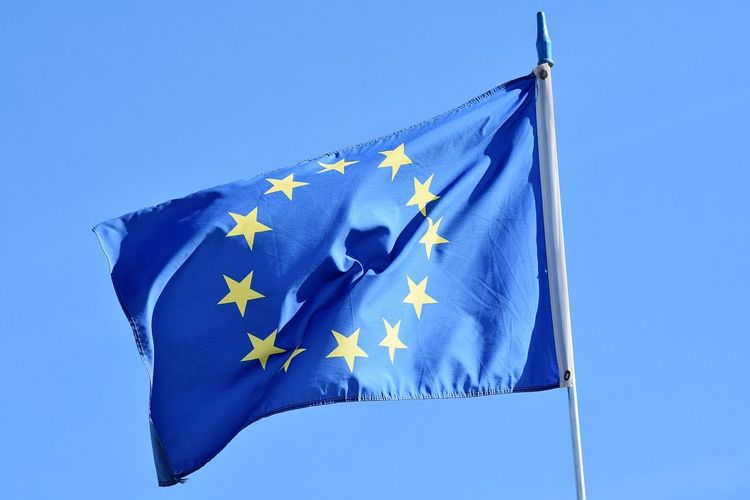SAG-AFTRA's AI Voice Cloner Agreement Sparks Outrage Among Actors
Most people like

Discover the power of AI mind mapping software designed to help you visualize your thoughts and ideas effectively. This innovative tool enhances creativity, boosts productivity, and streamlines your brainstorming process, making it easier to organize and develop your concepts. Explore the transformative impact of AI in mind mapping and unlock your potential today.

Introducing ScreenApp: a complimentary screen recorder equipped with advanced AI transcription technology, designed to effortlessly capture and share your insights. Perfect for improving productivity and communication, ScreenApp makes it easy to record and transcribe your screen activities, ensuring you never miss a detail.

Typly is an innovative AI-powered keyboard designed to enhance your messaging experience by providing smart sentence suggestions for fast and seamless communication. With Typly, crafting the perfect message has never been easier!

Enhance Your Customer Support Experience with AI Chatbots and Live Chat Solutions
In today’s fast-paced digital landscape, delivering exceptional customer support is essential. By integrating AI chatbots alongside live chat options, businesses can streamline their customer service operations, providing instant assistance and personalized interactions that boost satisfaction and efficiency. Discover how these innovative tools can transform your support strategy and elevate your customer experience.
Find AI tools in YBX



